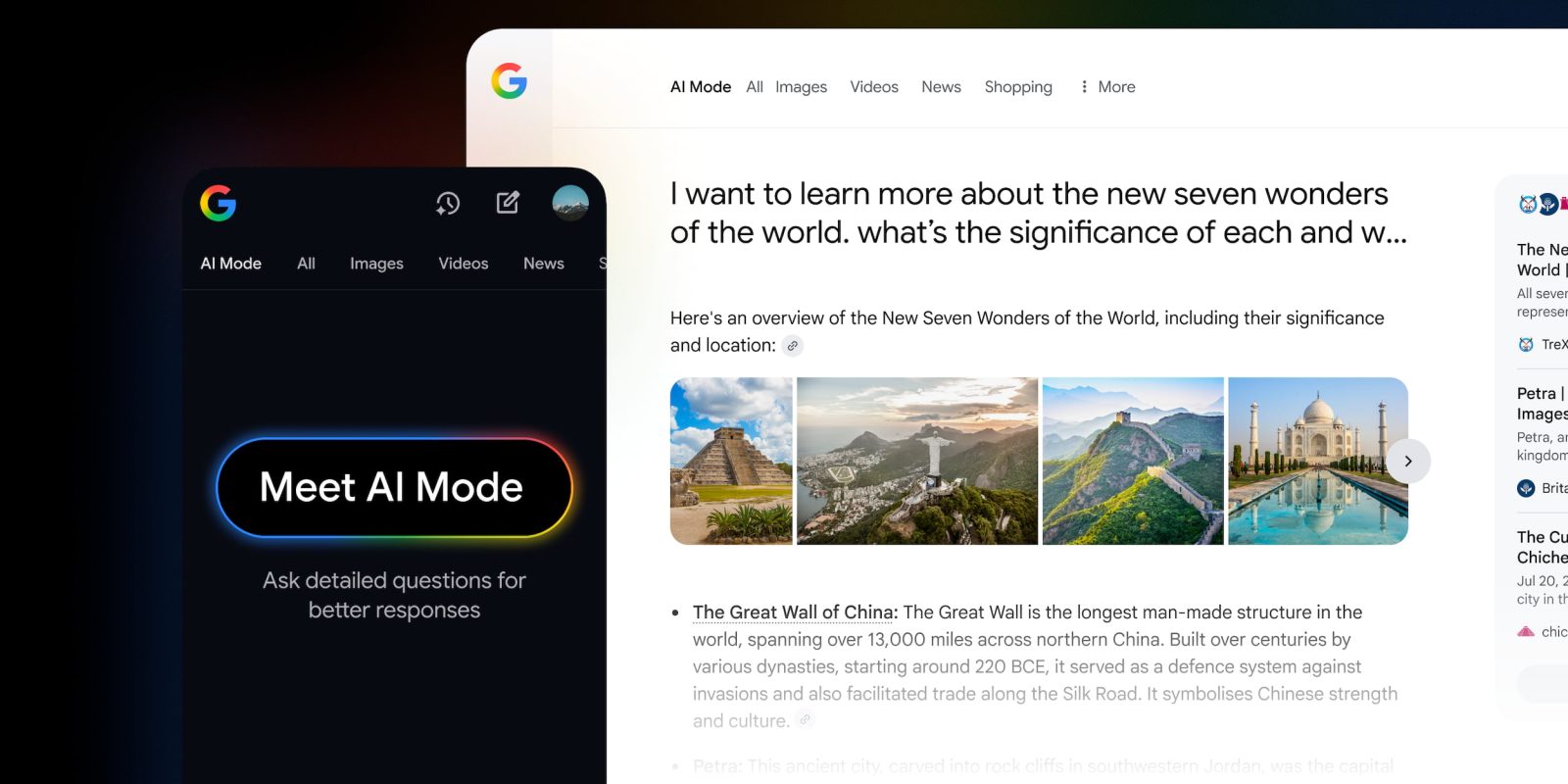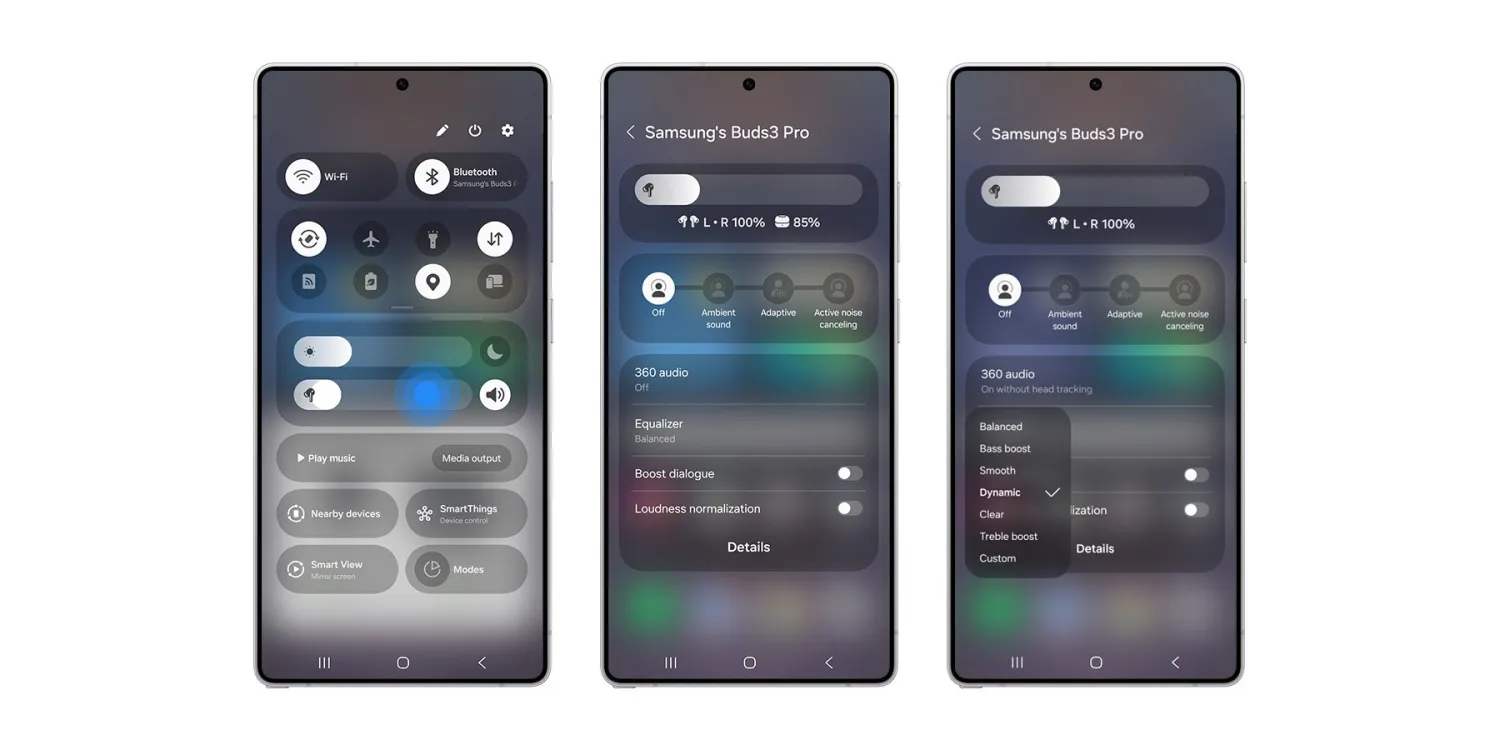Google has announced a significant expansion of its AI Mode, now available in 180 countries and territories, marking a substantial increase from its initial availability in the United States, India, and the United Kingdom. This expansion, effective immediately, offers English-language support, with plans to introduce additional languages and regional support in the near future.
Enhanced Sharing Capabilities
A notable enhancement to AI Mode is the introduction of conversation-sharing features. Users can now generate shareable links for their AI interactions, facilitating seamless sharing of conversations. These links, formatted as share.google/aimode/abcxyz, allow recipients to engage with the shared content, including posing follow-up questions. This feature is initially available in the United States, with plans for broader availability. Users retain control over their shared content, with the option to delete public links at any time.
Personalized Dining Recommendations
AI Mode now offers personalized recommendations, beginning with dining-related suggestions. By analyzing users’ past interactions, as well as their Search and Maps history (for those participating in the AI Mode lab), the system can suggest restaurants and cafes that align with individual preferences. For instance, a user inquiring, I only have an hour, need a quick lunch spot, any suggestions? might receive recommendations tailored to their known preferences, such as Italian cuisine, plant-based options, and venues with outdoor seating. Users have full control over the context shared with Google and can adjust personalization settings within their Google Account at any time.
Introduction of Agentic Capabilities
A significant advancement in AI Mode is the introduction of agentic capabilities, designed to assist users with more complex tasks. The first implementation focuses on facilitating restaurant reservations. Users can specify their preferences and constraints, including party size, date, time, location, and preferred cuisine. AI Mode will then search across multiple reservation platforms and websites to find real-time availability that meets the specified criteria. The outcome is a curated list of dining options with available time slots, complete with direct links to booking pages for finalizing reservations.
This functionality is powered by Project Mariner’s live web browsing capabilities, integrating information from the Knowledge Graph, Google Maps listings, and partnerships with platforms such as OpenTable, Resy, Tock, Ticketmaster, StubHub, SeatGeek, and Booksy. Future developments aim to extend these agentic capabilities to include local service appointments and event ticket bookings. Initially, this feature is available to Google AI Ultra subscribers in the United States who have enabled the new Agentic capabilities in AI Mode lab.
Conclusion
The expansion of Google AI Mode to 180 countries, coupled with the introduction of personalized recommendations and agentic capabilities, signifies a substantial advancement in AI-driven user assistance. These enhancements aim to provide users with more tailored and efficient support in their daily activities, reflecting Google’s commitment to leveraging artificial intelligence to improve user experiences globally.



